For the environment, waste-free living is not only better; it improves health and saves time and money. And it is as simple to adopt it as following this easy guideline to: Lessen what you like (and can’t refuse) to do. Junk what is not essential for you. Recycle what you can’t dispose of, minimize, or reuse. Reuse resources (and can’t minimize). Decompose all that’s left.
To bring you closer to Zero Waste, here are the 10 practical pieces of advice:
1. Decrease your shopping trips and maintain a shopping list. The less you carry in, the less trash you’re going to have to deal with.

2. Declutter. Make donations to the nearest thrift store or charity. This way, you’re not just going to lighten your stack but also make useful services available to those who want secondhand items.

3. Refuse junk mails. This is not just a waste of resources, but of time as well.

4. Say no to conventions, fairs, and group’ freebies. You increase the demand any time you take one. A free mechanical pen, do you need that?

5. Buy mostly in bulk or secondhand but pick glass, metal, or cardboard if you have to buy it new. Stop using plastic. A lot of it is exported for disposal worldwide and sometimes ends up in the landfill (or worse, the ocean).
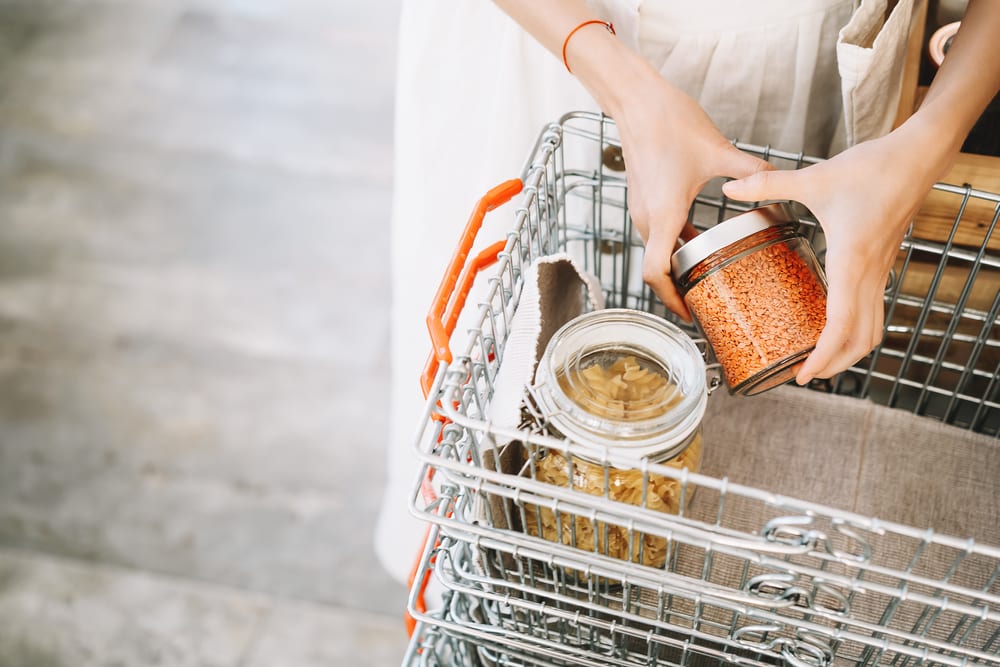
6. Know the recycling policies and locations in your area, but think about recycling as a last resort. Did you first reject, eliminate, or reuse? Ask the need of your purchases and their life span. To shop is to vote.
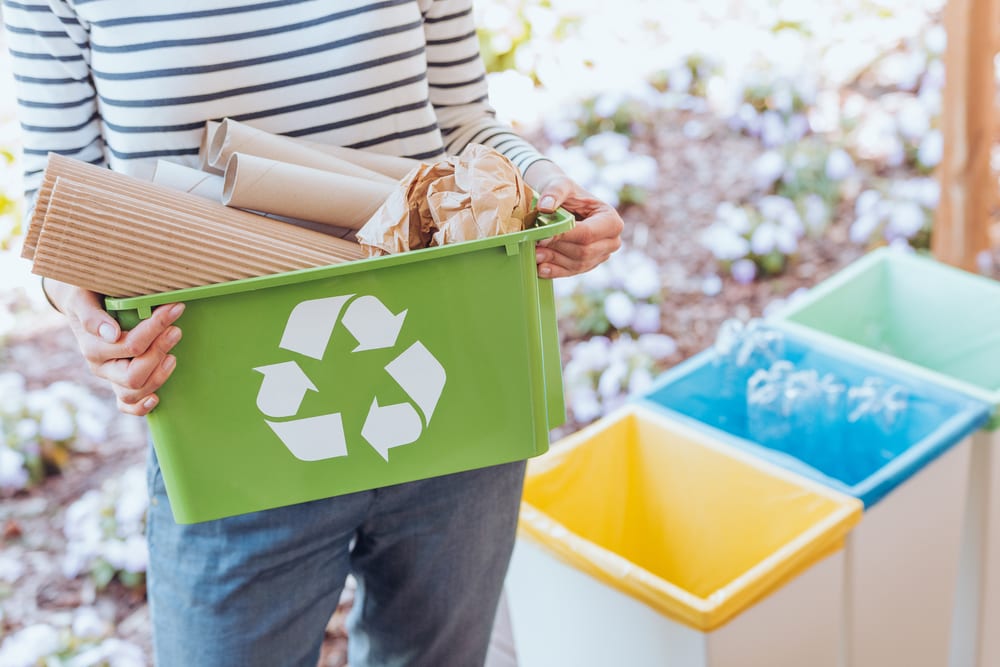
7. Swap disposables. Start with handkerchiefs, reusable cups, eco-bags, fabric napkins, or rags for reusables. You might realize that you’re loving the savings you’re making by not buying those paper towels.
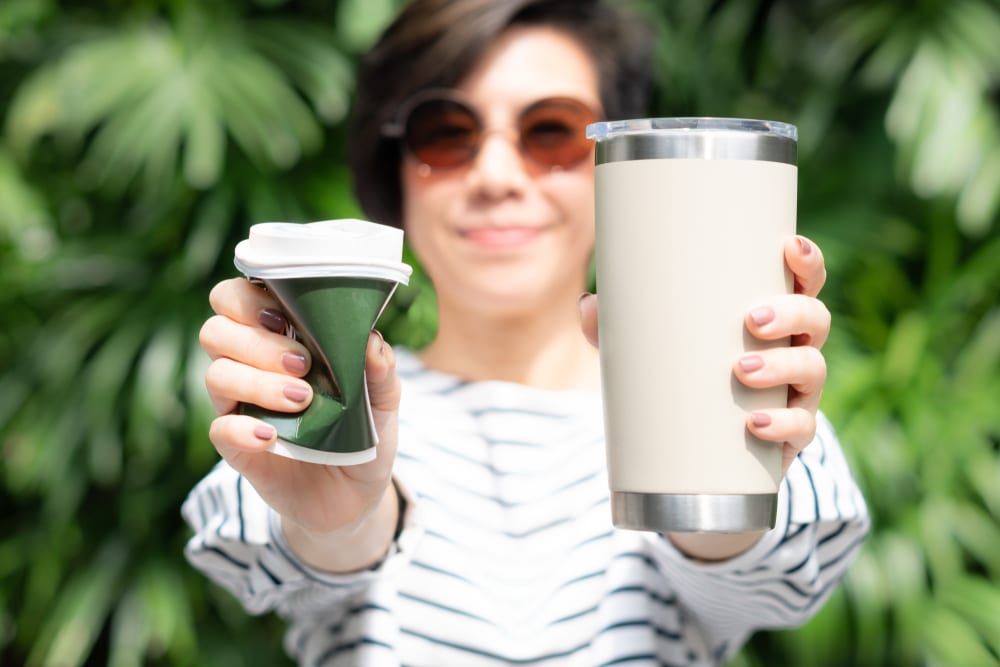
8. Prevent supermarket shopping waste. Bring with you to the supermarket and farmers market reusable totes, eco-bags, and jars (for liquid products such as cheese and deli food).
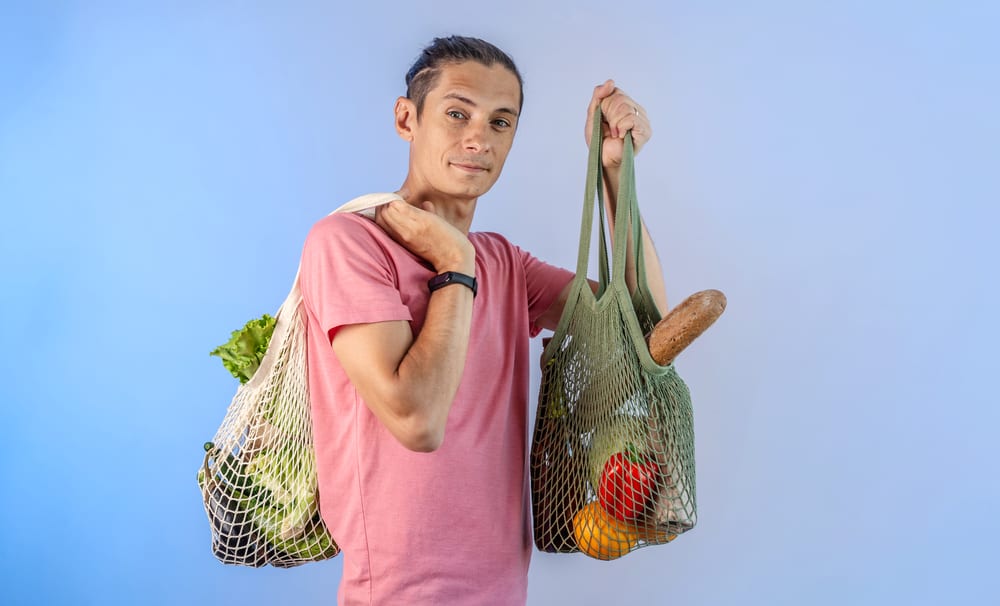
9. Turn one big compost receptacle into your home kitchen trash can. The wider the receptacle of compost, the more likely you would be able to do it openly.
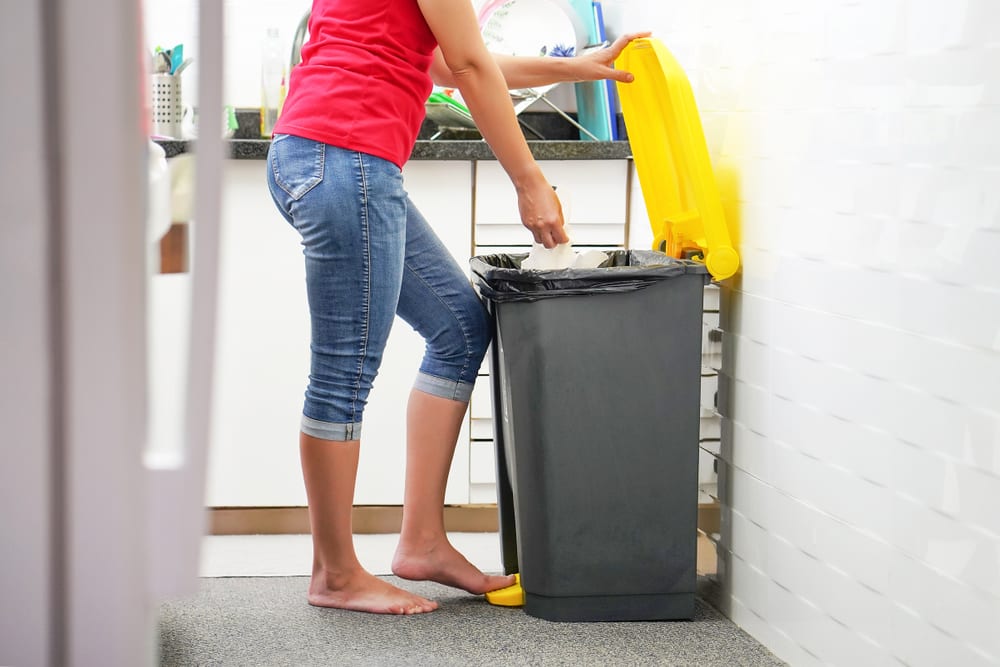
10. Find a composting device (dryer lint, fur, and nails are all compostable) that fits with your home and get to know what it can digest.
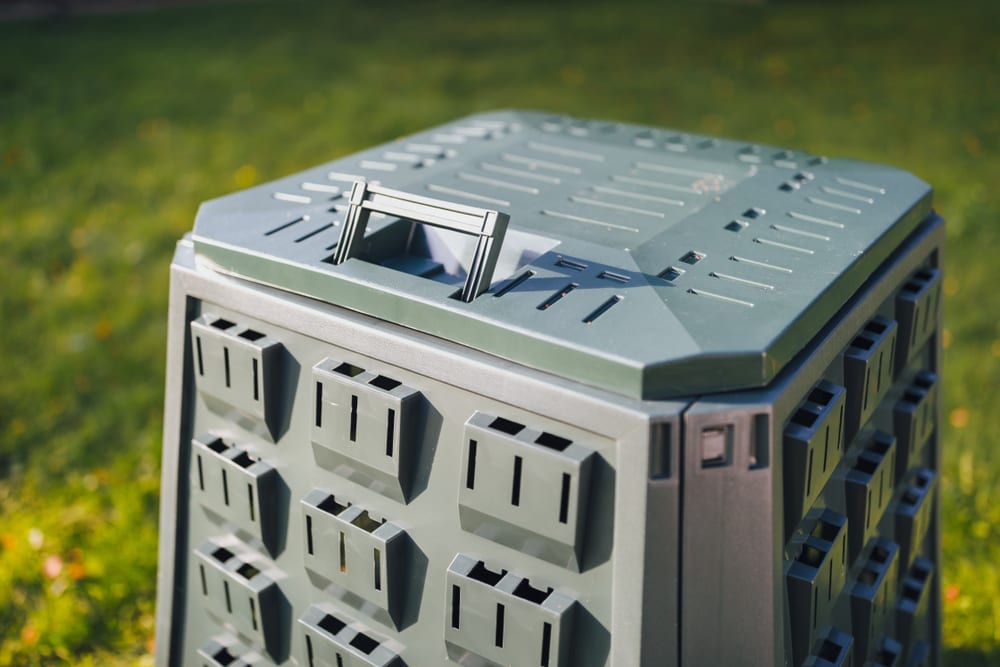
An effort to reach zero waste begins with minimal progress. It’s not beyond anyone’s grasp, and at home is where improvement begins.
